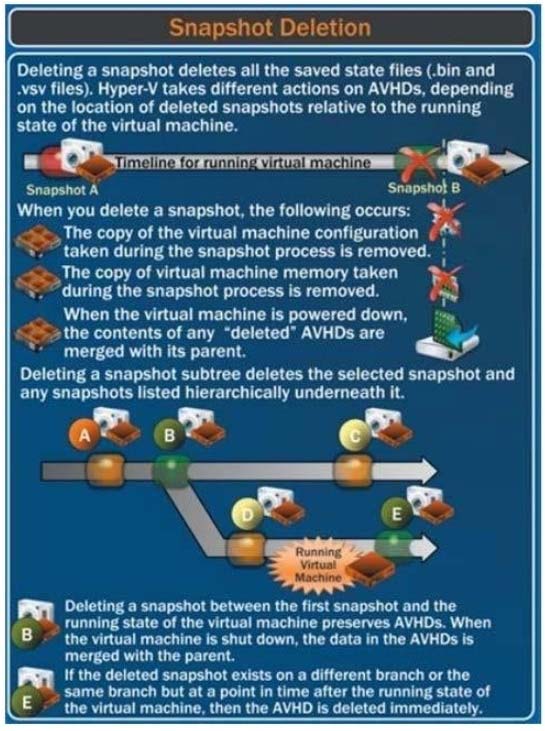

Your network contains a Hyper-V host named Server1 that runs Windows Server 2012 R2.
Server1 hosts a virtual machine named VM1 that runs Windows Server 2012 R2.
You create a checkpoint of VM1, and then you install an application on VM1. You verify that the application runs properly.
You need to ensure that the current state of VM1 is contained in a single virtual hard disk file.
The solution must minimize the amount of downtime on VM1.
What should you do?

Comments